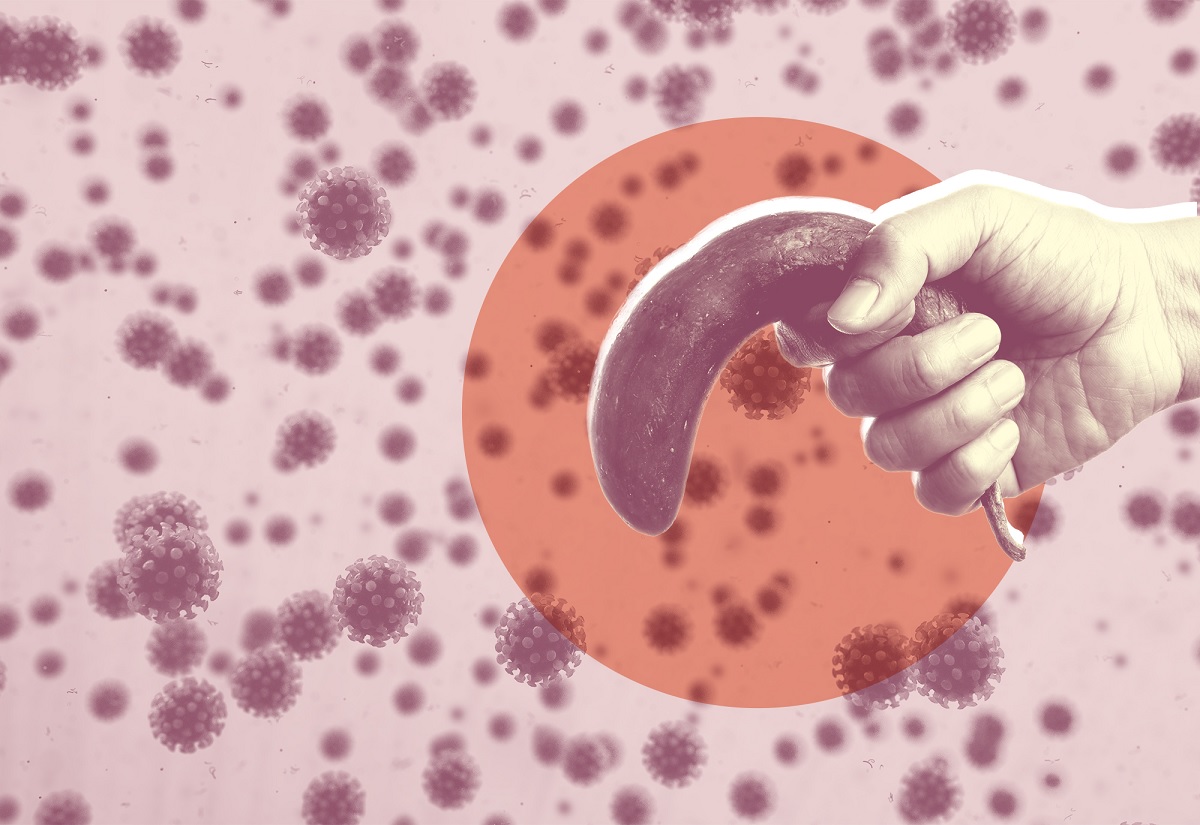In recent years, the link between cardiovascular disease and erectile dysfunction has been strongly considered. More patients who have cardiovascular disease are reporting the difficulties with their erections that accompany this condition. Scientists and doctors have begun to consider the possibility that erectile dysfunction may be caused by the same process that is responsible for cardiovascular disease. They’ve come up with an explanation that links the two through a common mechanism: angina.
In the past, the link between cardiovascular disease and erectile dysfunction was thought to be the cause of decreased blood flow to the penis. The perception was that blocked arteries caused by plaque buildup reduced blood flow to the penis, causing an erection that was hard to maintain. Today, the American Heart Association and other medical groups are beginning to question this belief, and instead are recommending that patients receive treatment options that focus on improving circulation to the area. If you suffer from one of these medical conditions, it’s important to talk to your doctor about the potential correlation between your medical conditions and ED.
Your doctor will ask about your medical history. He’ll want to know about any underlying medical conditions you may have, as well as your sexual relationship history. He may also want to check your blood pressure, cholesterol levels, and blood sugar levels. Through this examination, your doctor will be able to determine if erectile dysfunction is indeed the root cause of your symptoms. If so, then he can begin treatment options that will help improve your health and quality of life.
There are many possible causes of erectile dysfunction, some of which are linked to underlying health conditions. One of the most common causes of the condition is diabetes. If you’re suffering from diabetes and you’ve been told that your sexual dysfunction may be due to it, an erectile dysfunction men’s medical clinic will likely be able to treat the underlying cause through various means. However, if you have no direct link to diabetes, then treating the health condition will still prove beneficial in preventing ED from occurring.
Besides diabetes, ED is also associated with the use of recreational drugs and substance abuse, smoking, and high blood pressure. Smoking can increase a man’s risk factors for erectile dysfunction by increasing his testosterone level and decreasing his estrogen. High blood pressure can increase blood flow to the penis and has been linked to a number of health conditions including sexual dysfunction. Both smoking and hypertension will have a significant impact on your cardiovascular health, and both must be addressed in your treatment protocol.
The emotional and physical toll that poor health can take on an individual cannot be ignored. ED is often associated with depression, anxiety, or stress, which can compound the negative physical aspects of the problem. If you suffer from diabetes, hypertension, or stress and have erectile dysfunction, your doctor will likely prescribe medication to treat your symptoms. These medications will relieve the physical stress on your body, but they will do little for your emotional well-being. Stress and anxiety are common side effects of prescription medications that treat sexual dysfunction, and the psychological impact will only be amplified. You need to find a natural solution to the problem, or find ways to manage your emotions and physical health that are conducive to a healthy, mutually satisfying sex life.
Erectile Dysfunction (ED) is the inability to achieve or maintain an erection necessary to have sexual intercourse. The medical term for this condition is erectile dysfunction (ED). Erectile Dysfunction is also known as impotence. This condition usually used to be referred to as impotence. Erectile Dysfunction can happen at almost any age, but it’s most common in older men. Some studies show that a majority of men suffering from ED do not know they have it.
Some of the psychological reasons that can lead to an increase in the likelihood of having erectile dysfunction are stress, anxiety, depression, and panic attacks. Stress and anxiety are commonly thought of as causes of sexual dysfunction in men. They can cause physical symptoms such as fatigue, low libido, and even insomnia. Stress and anxiety also have a significant psychological impact on a male’s sexual functioning. When these emotions are left unchecked, they can worsen erectile dysfunction.
Besides stress and anxiety, poor diet, smoking, alcohol, and diabetes can also contribute to the development of erectile dysfunction. Poor diet can be a symptom because it can significantly lower testosterone levels. Testosterone is responsible for the production of sperm. If the testes fail to produce sufficient sperm, then low sperm count can be a possible underlying medical cause for erectile dysfunction.
To determine if ED is indeed a physical condition, you should have a thorough medical exam. Your doctor will want to examine your penis, testicles, pelvic area, and penis head. He may order a physical exam for more information. If there is erectile dysfunction, then your doctor will most likely perform a number of tests to rule out any serious underlying health condition. Many times, patients are diagnosed with an underlying health condition and ED is the direct result.
In addition to the potential physical causes of erectile dysfunction, many doctors also believe that the emotional issues associated with anxiety, depression, stress, and tension may be the underlying causes as well. These conditions can exacerbate one’s inability to stay erect or lead to long-term relationship problems. Therefore, if you have any type of emotional problem, you should consider making a lifestyle change to eliminate your stress. This can be difficult because alcohol use, nicotine use, and use of other drugs can exacerbate anxiety, so it is hard to determine whether or not your emotional state will actually cause your inability to stay erect.
If there is no other physical reason for your inability to stay hard, then it is likely from your psychological factors. These factors include depression, stress, anxiety, performance anxiety, and erectile dysfunction. Because these factors are all part of the same complex constellation, they can often become compounded to form more complex psychological issues. Therefore, if your physician diagnoses you with erectile dysfunction, you should consider seeing a mental health care professional. Your primary care physician may be able to refer you to a mental health specialist.







